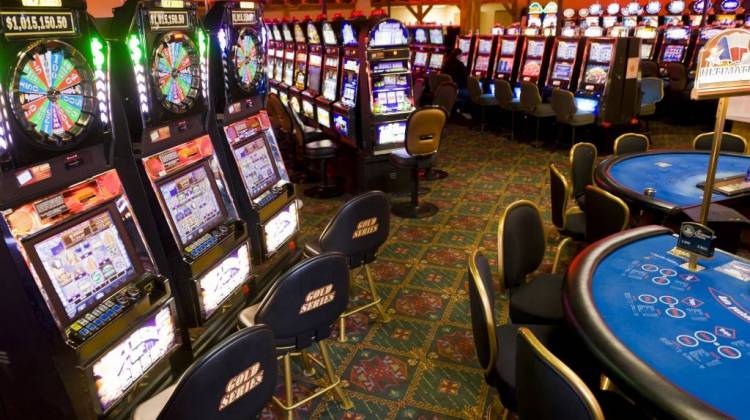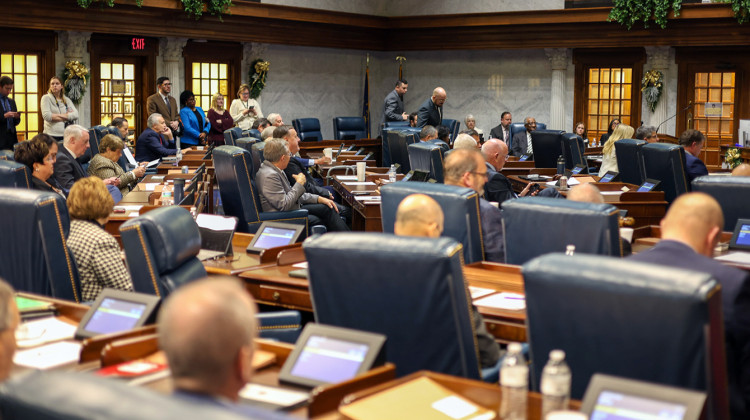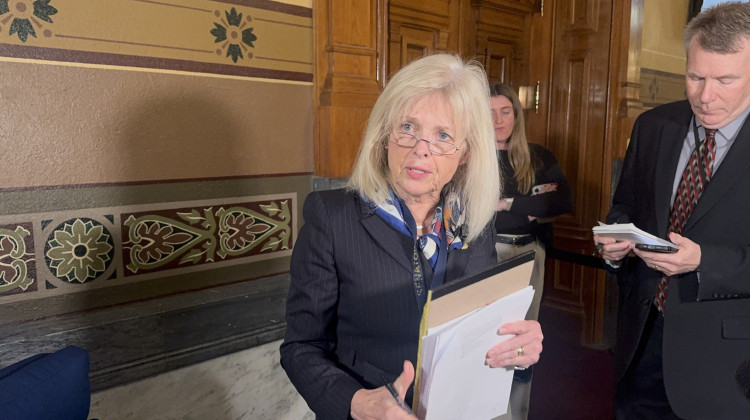
Lawmakers are weighing a bill that would make expansive changes to Indiana’s gaming taxes.
Kym Koch Thompson/Wikimedia CommonsLawmakers are weighing a bill that would make expansive changes to Indiana’s gaming taxes.
Rep. Todd Huston (R-Fishers) says his legislation aims to help Indiana casinos stay viable as they face increasing competition.
Changes it would make to current law include eliminating the admissions tax – a $3 fee each time a person enters the gaming floor. Huston says this discourages casinos from adding attractions like restaurants and bars.
“They may go into the casino for a little bit, come out, go grab something to eat, go back in, maybe go to a bar in the casino, come back out … I mean, you know, you have this problem where you’re continuing to pay the admissions tax,” Huston says.
Huston’s bill would instead charge a three percent tax on casinos’ gaming revenue.
Rep. Randy Frye (R-Greensburg) says, while the bill’s changes might not make a big impact on state revenues, the impact on small communities with casinos in his district would be enormous.
“We aren’t just thinking about the impact here, financially to the state of Indiana. We’re thinking about the impact financially to those small communities, some of which have bonds against their riverboat money,” Frye says.
Legislative fiscal analysts estimate a yearly revenue hit of around $50 million for local communities.
Huston stresses that the bill is far from a final product.
 DONATE
DONATE







 View More Articles
View More Articles


 Support WFYI. We can't do it without you.
Support WFYI. We can't do it without you.